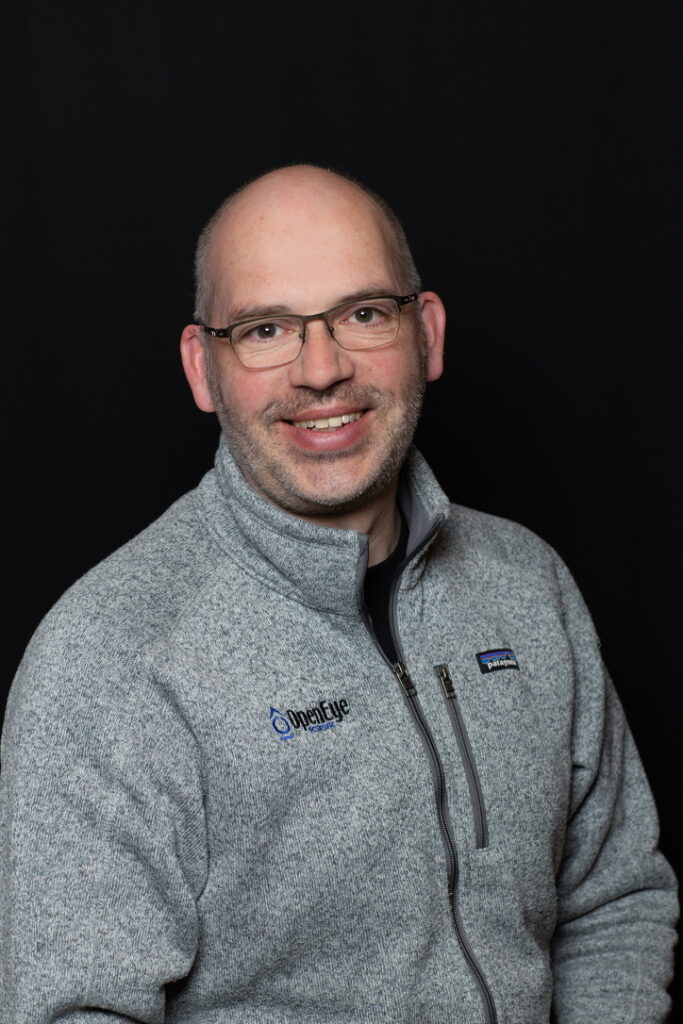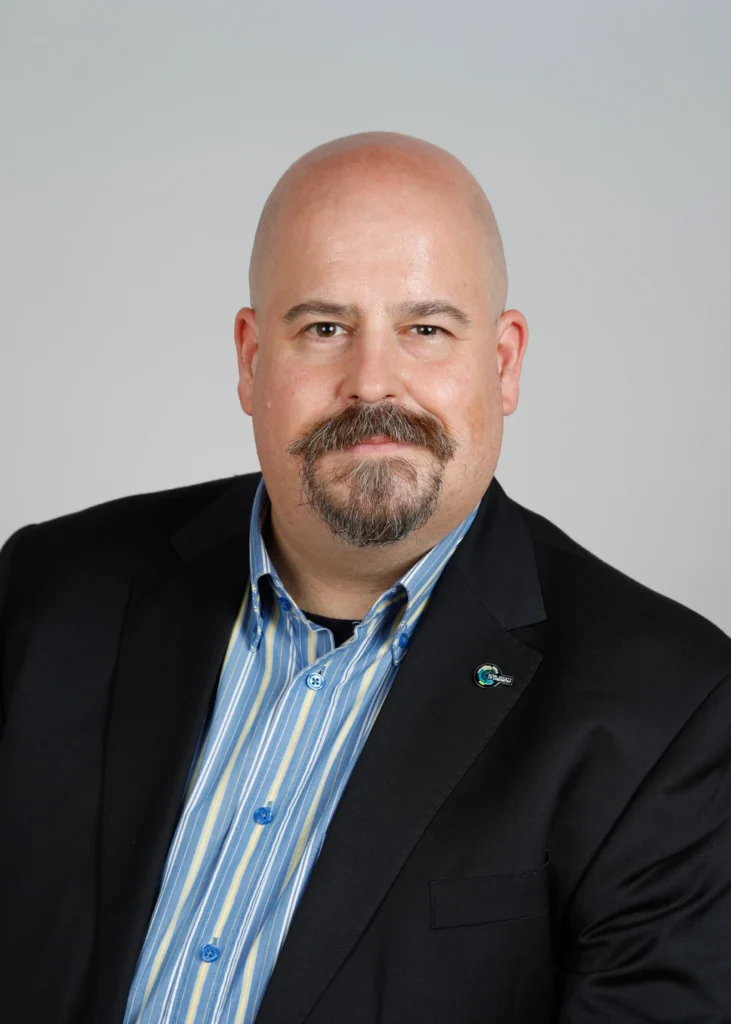Introducing the GOLD and Orion® Integration – Covalent and Non-Covalent Docking
Watch the Recording
The industry-validated Genetic Optimization for Ligand Docking (GOLD) software is now integrated with OpenEye, Cadence Molecular Sciences’ Orion® platform. This collaboration provides computational and medicinal chemists with a powerful toolset to streamline and enhance their protein–ligand docking workflows on the cloud-native Orion platform, a crucial step in pharmaceutical development.
Presented by scientists from The CCDC and OpenEye, Cadence Molecular Sciences, this webinar introduces the new GOLD-Orion workflows with a live demonstration to showcase their capabilities using covalent and non-covalent docking examples.
Covering all relevant aspects of protein–ligand docking, the examples will include receptor preparation via SPRUCE, ligand libraries and I/O files, cavity selection options, scoring functions, search exhaustiveness levels, and ligand flexibility.
Scientific Speakers

Gunther Stahl received his license as pharmacist in 1996 after his study at the University of Bonn. He continued his education as Ph.D. student under Prof. Höltje at the University of Düsseldorf where he received his doctorate degree in 2001 focusing on Homology Modeling and Molecular Dynamics. He then joined Tripos GmbH as Application Scientist to work with industrial and academic customers to help them apply the different computational chemistry tools available. After different roles at Tripos (Application Scientist at the US East Coast and later – again from Germany – as manager of the PacRim distributors) he joined OpenEye, Cadence Molecular Sciences in 2012 to work with all their European customers. Three years ago he took responsibility to lead the Application Scientist group worldwide.

Kepa Burusco-Goni earned his BSc in Chemistry from the University of Navarre and a PhD in molecular modeling from UAB. He later completed an MSc in Materials Engineering (UPNA, 2012). As a Marie Curie Fellow at Manchester (2012-2014), he researched molecular simulations for drug-target interactions. From 2014 to 2017, he focused on drug design, working with SBDD, LBDD, and cheminformatics in academia and industry. In 2017, he joined Medicines Discovery Catapult as a Bioinformatician, later becoming a Cheminformatician. Since 2023, he has been a Senior Cheminformatics Data Scientist at CCDC, leading research, supporting commercial teams, and advancing computational chemistry integration.